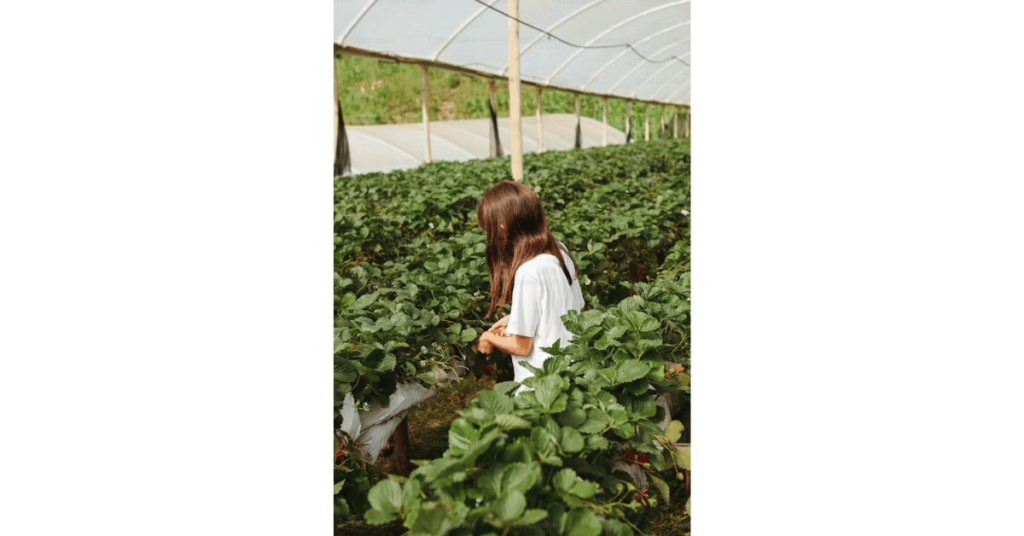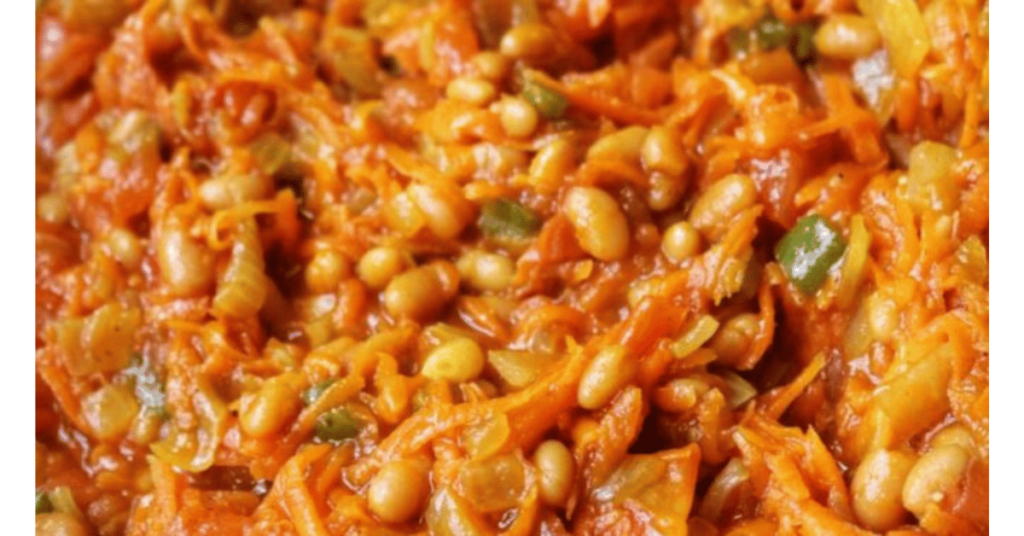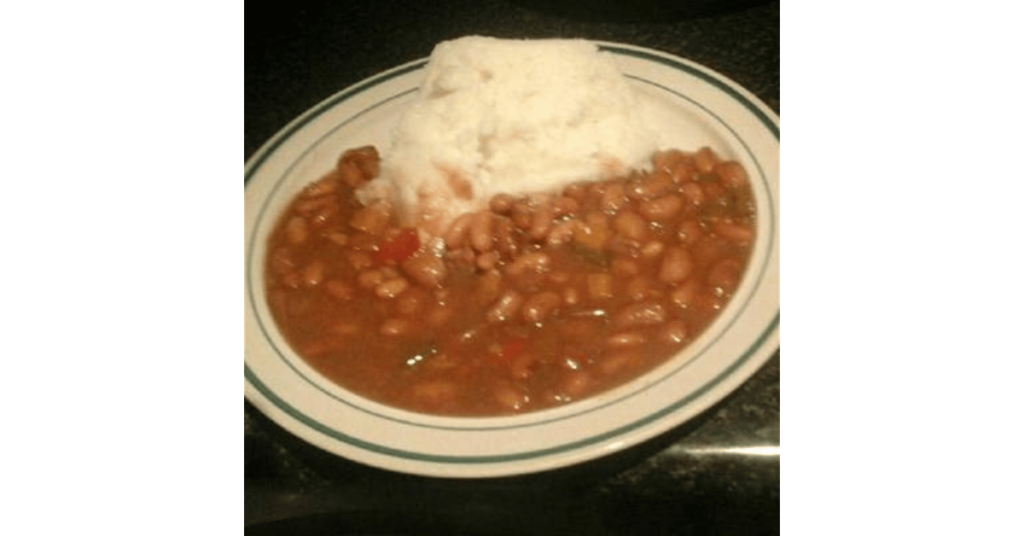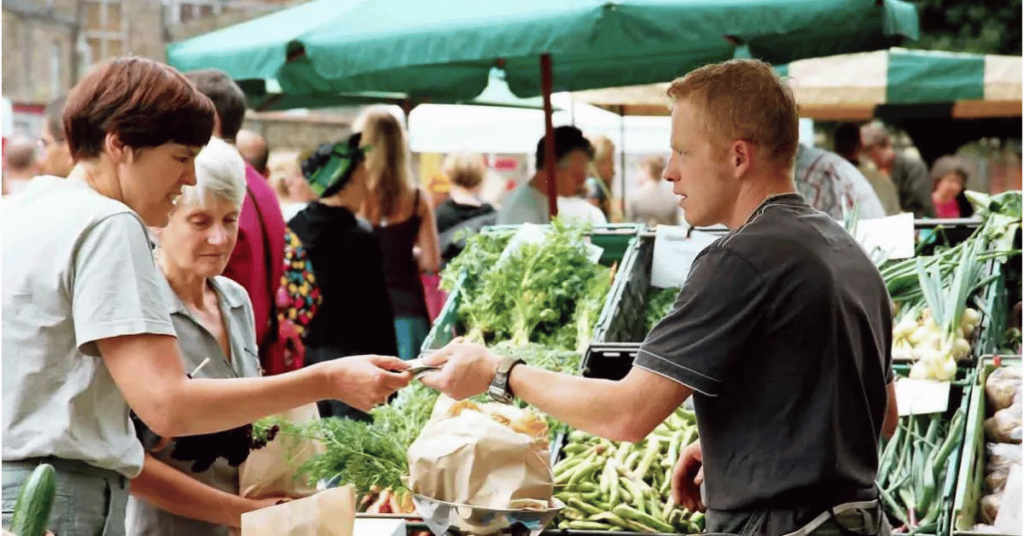An Introduction to Eating Plant-Based South Africa: Questions & Answers

People know South Africa for its diverse cultures, stunning landscapes, and delicious cuisine.
But did you know it is also home to a growing plant-based movement?
In this article, we’ll answer some common questions about plant-based living. We’ll also give you an introduction to eating plant-based in South Africa.
What is Plant-Based Living?
Plant-based living is a lifestyle that focuses on consuming whole, plant-based foods. It minimizes or eliminates animal products.
These foods include a diet rich in fruits, vegetables, whole grains, legumes, nuts, and seeds.
Plant-based living extends to other aspects of life. For example, people use cruelty-free and environmentally friendly products.
Are South Africans following the plant-based eating trend?
Why is Plant-Based Living Popular in South Africa?
South Africa has a long history of plant-based eating. Traditional dishes like pap, a porridge made from maize meal or millet, are part of this tradition.
Chakalaka is also part of the tradition.
It is a spicy vegetable relish staple in many households.
Interest in plant-based living is growing. It is because of its health benefits, ethical considerations, and environmental impact.
Additionally, South Africa has a wealth of fresh, locally-grown produce. This locally-grown produce makes it easy to incorporate more plant-based foods into one’s diet.
There’s no shortage of delicious, nutritious options. They range from vibrant fruits and vegetables to hearty grains and legumes.
What are Some Tips for Incorporating More Plant-Based Foods into My Diet?
Start Small and Be Open-Minded
Transitioning to a plant-based diet may feel daunting, but it doesn’t have to be.
Add whole-food, plant-based meals to your diet. Increase their frequency.
But wait…
What if you falter on the way?
Don’t hesitate to experiment with new foods and recipes.
Plant-based meals can be delicious and satisfying, which may surprise you.
Experiment with Local Produce

Unsplash/JSB Co
South Africa is home to many fruits and vegetables, which may be new to you.
Take advantage of this and experiment with different types of produce in your meals.
Experimentation will add variety to your diet. It also helps local farmers and reduces your carbon footprint.
Get Creative with Vegan Recipes
Countless vegan recipes are available online. Many use simple, affordable ingredients in South Africa.
Feel free to get creative and try new recipes.
You may discover some new favourite dishes you would have yet to try.
Are there some veggie recipe winners you may try?
What are Some Popular Vegan Recipes in South Africa?
Bobotie
Bobotie is a traditional South African dish with minced meat, spices, and dried fruit.
However, you can easily make it vegan by substituting the meat with lentils or chickpeas.
This dish is flavourful, hearty, and perfect for a cold winter’s night.
The Cooking Foodie/Bobotie Recipe
Chakalaka

As mentioned earlier, chakalaka is a spicy vegetable relish. It is a staple in many South African households.
You can make it with onions, tomatoes, peppers, and spices.
Still, you can customise it with whatever vegetables you have on hand.
Serve it as a side dish or add it to sandwiches or wraps for flavour.
Pap and Beans

CookPad/Papa and Beans
Pap and beans is a classic South African dish that is simple and satisfying.
Pap is a type of porridge made from maize meal. Beans cooked in a tomato-based sauce; serve it.
This dish provides protein.
You can enjoy it for all meals.
Where Can I Find Local Produce in South Africa?

Johannesburg Market
South Africa has a thriving agricultural industry. Many places offer fresh, locally-grown produce.
Here are a few options to consider:
- Farmer’s Markets: These markets are great places to see a variety of fresh produce. It helps support small businesses. Also, talk with farmers to learn about your food’s origins.
- Community Supported Agriculture (CSA) Programs: CSA programs offer you the chance to buy a share of a local farm’s produce for a set period. This program supports local farmers. It helps with a steady supply of fresh produce throughout the season.
- Supermarkets and Grocery Stores: Many supermarkets and grocery stores in South Africa carry locally-grown produce. Look for labels or signs indicating that the produce is local.
What are Some Benefits of Eating Local Produce?
Fresher and More Nutritious

by Dose Juice (https://unsplash.com/@dosejuice)
Farmers pick local produce when it is ripe and sell it soon after.
It is fresher and more nutritious than produce shipped long distances.
This product is not tainted with preservatives or other chemicals.
Supports Local Farmers
By purchasing local produce, you support small farmers and their families.
The support helps to strengthen the local economy and promotes sustainable agriculture practices.
Reduces Your Carbon Footprint
Buying local produce means it has travelled a shorter distance to reach your plate. Thus reducing the carbon emissions from transportation.
It is better for the environment and helps to combat climate change.
Conclusion
Plant-based living is gaining popularity in South Africa, and for good reason.
There’s also a growing interest in ethical and sustainable living here.
We’ve given you an introduction to eating plant-based in South Africa.
We also answered questions on eating plant-based.
Now it’s your turn.
Take action now to go plant-based.
Comment below and tell us where you are on your journey.
